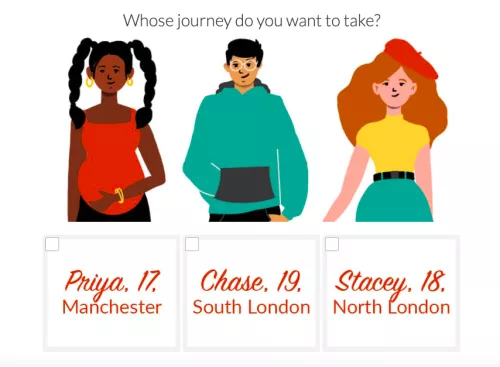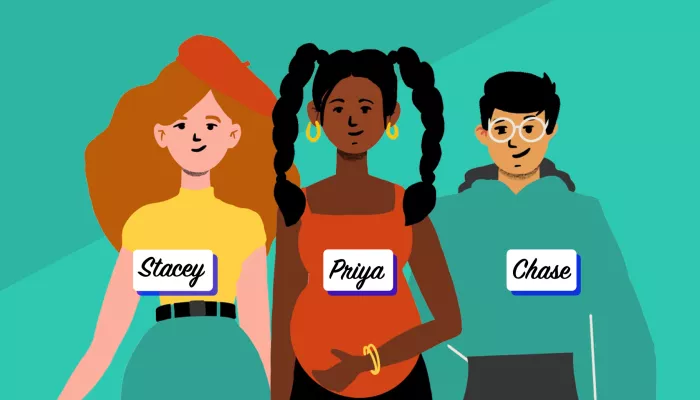Centrepoint's campaign to end youth homelessness
At Centrepoint, our mission is simple: we want to end youth homelessness.
We want to tackle the wider, structural factors that put thousands of young people at risk of homelessness every year.
Of course, this an ambitious goal. Youth homelessness won’t simply end overnight. Our latest youth Databank shows that almost 122,000 young people approached their council for housing support in the year to April 2021, while over a thousand young people were seen sleeping rough in London in that year alone.
However, we are clear that tackling youth homelessness has to be a public and political priority.
We see the damage that not having a place to call home can do to a young person at a critical time in their lives. We see how it can disrupt their transition to independence and reduce their access to key opportunities.
Homelessness and housing insecurity creates trauma and can lead to long-term damage to a young person’s physical and mental health. It destroys stability and causes disruption to young people’s ability to access and sustain education, and their ability to find employment.
And all too often, homelessness can push young people into the clutches of gangs and exploiters who prey on vulnerability and isolation.
So what is it like to be young amid a growing cost-of-living crisis?
As part of our campaign to end youth homelessness, we’ve designed an interactive decision-making quiz which asks you to walk in the shoes of a young person who is experiencing homelessness or at risk of experiencing homelessness. Using the Universal Credit rate for under 25s to manage your daily life, you will be guided through a series of decisions that vulnerable young people make every day in order to survive.

Centrepoint's quiz helps people understand the reality of youth homelessness
The quiz has been developed to give you a personalized perspective into the many challenges faced by vulnerable young people. Once you have chosen one of three possible character journeys, you’ll be tasked with paying expenses such as bills, food an rent, whilst also having to micromanage issues like mental health, nutrition, education and work. These scenarios and outcomes have been designed using the research Centrepoint has conducted into how the cost of living physically and mentally affects the health of homeless young people.
Homeless young people are more than just a statistic. Each and every young person supported by Centrepoint has faced a set of challenges unique to their lived experience and we have reflected just some of these experiences in this quiz. By stepping #InTheirShoes, we want you to experience the reality of homelessness for vulnerable young people, so that we can work together to not only end youth homelessness, but to understand the emotional weight behind it.
You can help us with our mission
We are clear about the problem of youth homelessness and why it needs to be tackled as a priority – to protect and support vulnerable young people today, and to break the cycle of homelessness and exclusion tomorrow.
Our review spells out in more detail why we need to end youth homelessness now. It explores the key factors that can lead to a young person finding themselves without a place to live, and the impacts that homelessness has both on young people and on wider society.
Our priority now is to identify and develop the solutions needed to make youth homelessness a thing of the past. This is where we need your help.
We are running a national consultation and want to hear from organisations and individuals around the country who have experience in working with young people at risk of homelessness, or who have experienced youth homelessness themselves.
We will then use this evidence review to collate the key policy recommendations and interventions needed to end youth homelessness today. These will then underpin our wider campaign later this Summer, which we will be taking to politicians and decision-makers across parties and key organisations.

